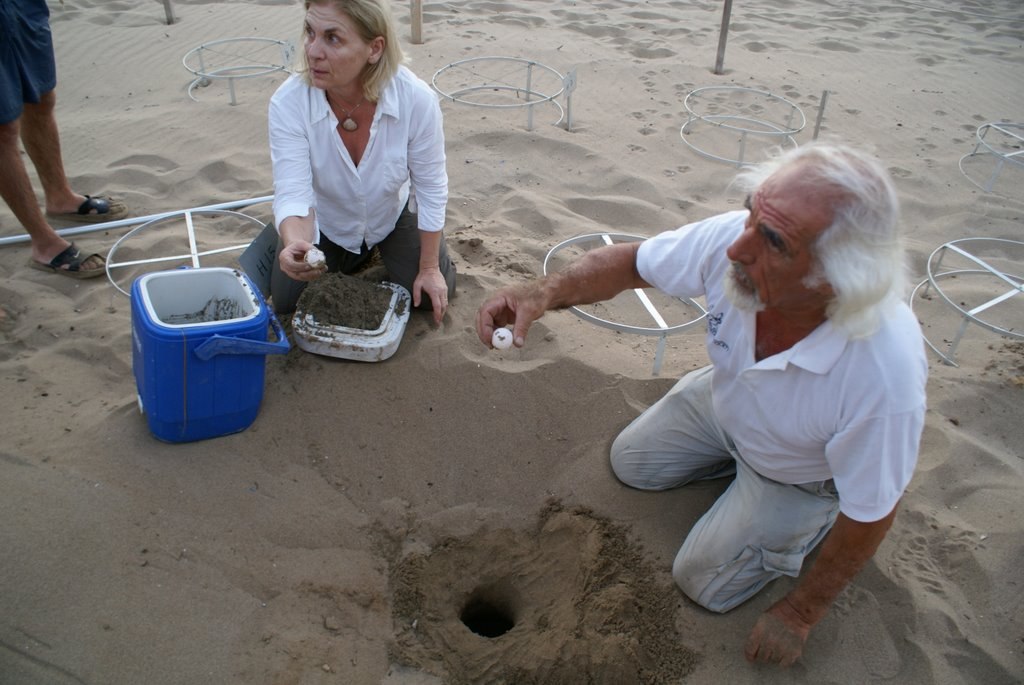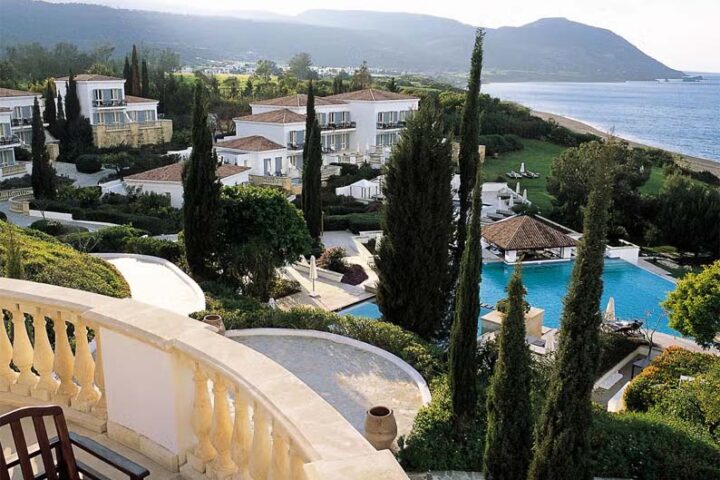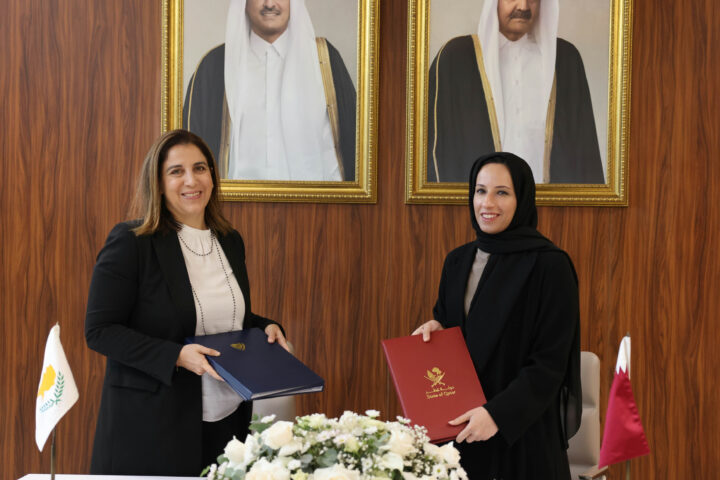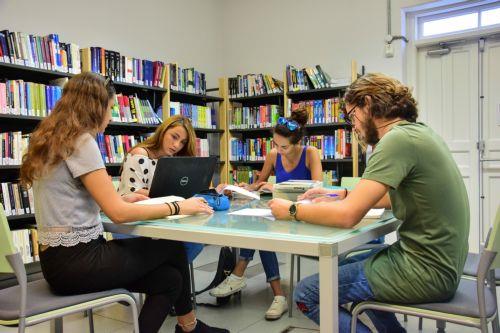The University of Cyprus Rector Tasos Christofides was re-elected this week, unopposed, to a second four-year term and laid his next priority to elevate the state institution to an international level.
This is, perhaps, the biggest challenge facing the university and preventing UCy from spreading its wings.
It’s not that the UCy has been lagging in European or world rankings.
Quite the contrary, it has been doing very well on that front.
It is often included in the top 100 or 500 lists, depending on its activities, the latest being a place among the 500-550 in sustainability.
Funding secured for research programmes has been credited to the incumbent rector and his predecessor, but that is not enough.
It falls behind in competition with other universities worldwide, which offer foreign-language courses to attract a bigger number of fee-paying students and international-calibre academics.
It already offers post-graduate English courses, but none are available for undergraduates.
Christofides said the university had joined a European-wide alliance to share resources and experiences and encourage exchanges.
What better place, he said, than Cyprus, when it comes to teaching and learning history through the biggest archaeological site that this island is.
He also brought the example of the University of Athens, a public institution that recently added English-language teaching for history and medicine.
Since 2009, politicians in Cyprus have been falling over each other in an attempt to exert some influence over the university by imposing restrictions and meddling with appointments or management.
The strongest tool in the politicians’ arsenal has been the exclusion of new students from private schools simply because they could enrol based on their international exams, such as the GCSEs, IB and other benchmarks.
Local students opting for this entry format are discriminated against as they are limited to just 3% of the annual intake, and this regulation, too, is up to interpretation.
Instead of encouraging star-grade students to continue studying in their home country, the politicians’ restrictions, driven by mediaeval ideas, push these students overseas.
What is needed is a healthy mix of both that will cultivate closer cooperation with local universities and neighbouring countries.
Apart from the classic courses of study, Cyprus also has another advantage, albeit forgotten, because it does not provide a fertile ground for jobs for the boys.
That is eco-sciences and environmental studies.
The Forestry College is being led to die a slow death.
Under the guidance of the University of Cyprus, it could easily combine vocational training (for forestry and farming) with wider environmental studies and win a lead place in world rankings.
Cyprus should not underestimate its capabilities, just as the Higher Technical Institute, a pioneering mechanical and engineering school, was shuttered for political reasons.
And two landmark events this week prove what role Cyprus could play.
The first is the UN Conference on Climate Change or COP27, which got underway in Sharm El Sheikh with the main theme #TogetherForImplementation, where world leaders and activists join forces to create a unified front to mobilise further and prioritise the climate agenda.
Another event of local importance but ignored was the passing of the island’s leading environmentalist and founder of the Fisheries Department way in 1964.
Andreas Demetropoulos’ legacy is not limited to protecting turtles, flora, and fauna.
He left behind a tremendous volume of research and often placed Cyprus at the forefront of decision-making and international summits.
We should honour this man by celebrating his achievements and those of his colleagues during the past six decades.
And what better way than an all-in-one solution by upgrading our education system, making it international and becoming pioneers in environmental learning?










